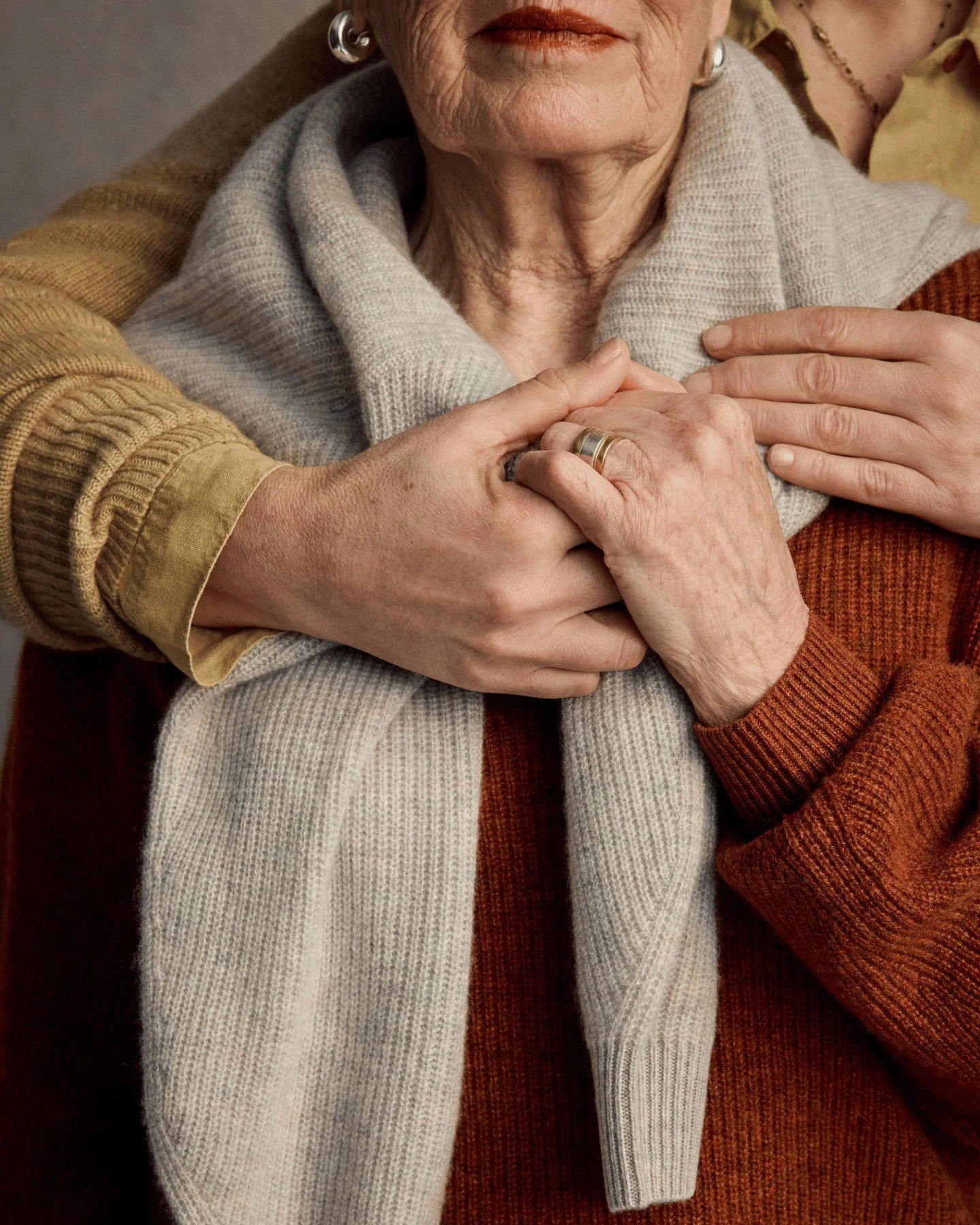When Is It Time To Consider Senior Assisted Living? Signs To Know
Are you beginning to wonder whether a loved one may need assisted living? It’s a difficult and emotional question—one that many families face as aging brings new challenges. Often, the signs appear gradually: a missed appointment here, an untidy kitchen there. At first, they may seem like isolated incidents, but over time, they can point to a bigger concern.
Knowing what to look for can help you make informed, compassionate decisions. From changes in behavior to safety concerns at home, recognizing the early indicators is essential to ensuring your loved one receives the care and support they need. In this article, we’ll explore the key signs that may suggest it’s time to consider assisted living.
No. 1
Trouble with Daily Tasks
One of the earliest signs that someone may need additional support is difficulty managing everyday activities. Tasks that were once routine—like getting dressed, preparing meals, or doing laundry—can become overwhelming.
You might notice:
Meals going uneaten or spoiled food in the fridge
Unwashed dishes piling up
Bills left unpaid or unopened mail
A general decline in household cleanliness
These changes may not seem urgent on their own, but together they suggest that your loved one may benefit from a more supportive environment. Addressing these issues early can prevent further decline and improve quality of life.
No. 2
Frequent Memory Lapses
Occasional forgetfulness is normal, but consistent memory issues can interfere with daily life and pose safety risks.
Watch for signs such as:
Repeatedly asking the same questions
Forgetting names, dates, or appointments
Misplacing important items like keys or medications
Getting confused during conversations
These memory lapses can be frustrating and even frightening for both the individual and their loved ones. Over time, they may lead to missed medications, forgotten meals, or unsafe situations. Recognizing these patterns is an important step toward seeking the right care.
No. 3
Changes in Mood
A shift in mood or personality can be another indicator that something is wrong. Seniors may begin to withdraw from social activities or exhibit emotional changes that are out of character.
Common mood-related signs include:
Increased irritability or sadness
Sudden mood swings without clear triggers
Loss of interest in hobbies or socializing
Becoming unusually quiet or withdrawn
These emotional shifts may be linked to underlying health issues, cognitive decline, or feelings of isolation. While occasional mood changes are normal, persistent or unexplained changes should not be ignored.
Headspace
Discover tools for peace of mind with Headspace. Tailored mindfulness and meditation tools designed to support individuals with dementia and Alzheimer’s, fostering calm, focus, and connection.
No. 4
Poor Personal Hygiene
Neglecting personal hygiene is often one of the more visible signs that a senior may need help.
You may notice:
Wearing the same clothes for several days
Unwashed hair or body odor
Unbrushed teeth or neglected oral hygiene
A messy or unclean bathroom
These changes can result from physical limitations, cognitive challenges, or even fear—such as slipping in the shower. Regardless of the cause, declining hygiene is a red flag that additional support may be needed.
No. 5
Safety Concerns at Home
As mobility and memory decline, the home can become a dangerous place. Falls, forgotten appliances, and missed medications are just a few of the risks.
Be alert to:
Tripping hazards like loose rugs or cluttered walkways
Burn marks on cookware or signs of stove misuse
Unlocked doors or windows
Missed phone calls or unanswered doorbells
If you find yourself constantly worrying about your loved one’s safety, it may be time to explore safer alternatives. Communities that offer retirement housing for seniors provide structured support and peace of mind for both residents and their families.
No. 6
Know When to Consider Senior Assisted Living
Recognizing the signs is the first step in making a thoughtful, informed decision about assisted living. It’s a big transition, but it doesn’t have to be overwhelming—and you don’t have to navigate it alone.
Here’s how to move forward:
Talk to your loved one with empathy and respect
Consult with family members to share observations and concerns
Speak with a trusted doctor to get a professional opinion
Research local assisted living options and schedule visits
The goal is to ensure your loved one’s safety, happiness, and well-being. Assisted living can offer the support they need while preserving their independence and dignity.
Takeaways
Deciding whether a loved one needs assisted living is never easy, but recognizing the signs early can lead to better outcomes. From trouble with daily tasks to safety concerns at home, each clue helps paint a clearer picture of their needs.
By approaching the situation with care, compassion, and open communication, you can help your loved one transition into a supportive environment where they can thrive.
And before you go, be sure to explore the rest of our blog for more helpful insights on senior care, wellness, and lifestyle planning. You’re not alone on this journey—and the right information can make all the difference.
Looking for Wellness resources?
Are you looking to enhance your wellness routine? Explore our wellness partners who offer a wide range of resources to support your journey toward holistic living and well-being.































